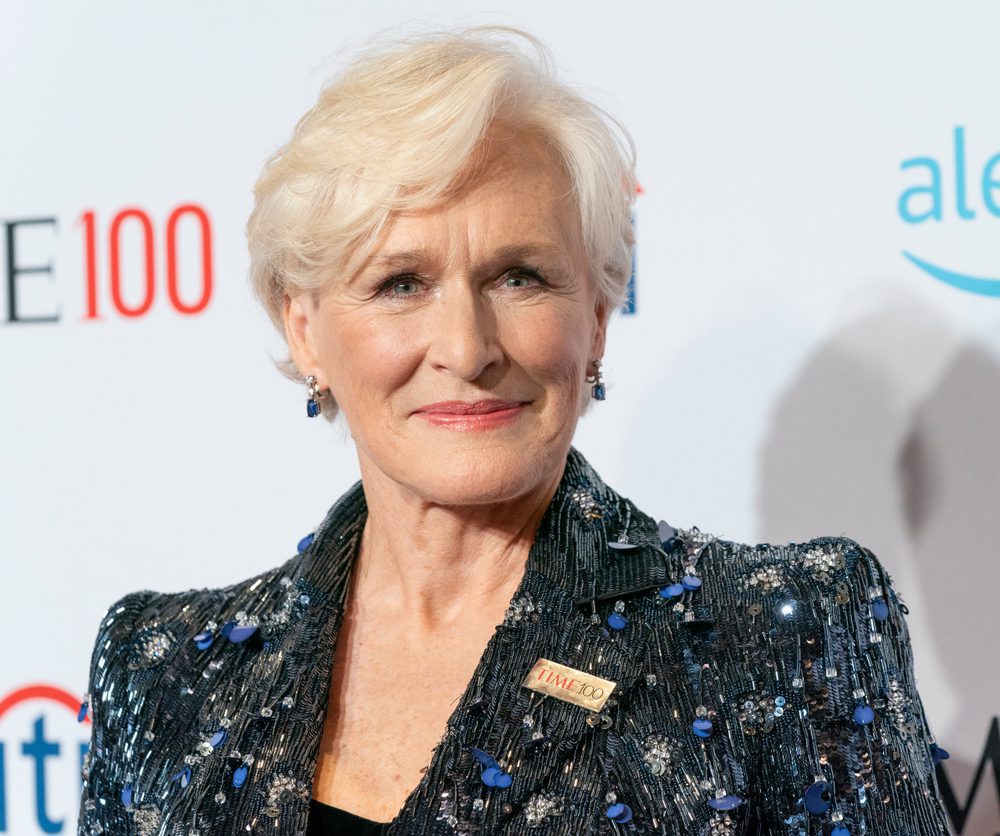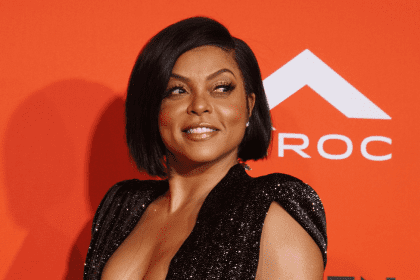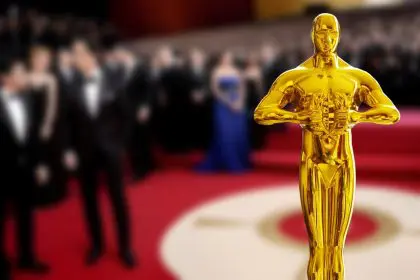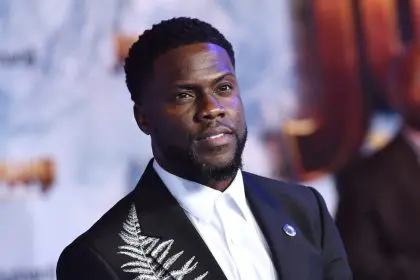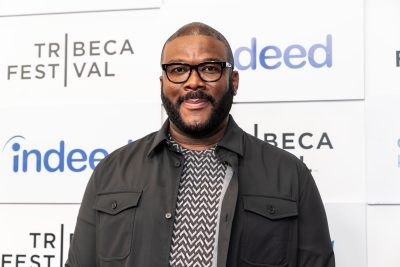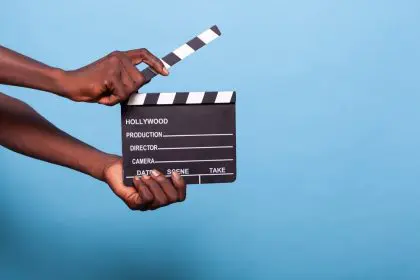On September 4, filmmaker Lee Daniels found himself at the center of social media controversy after a comment he made about Glenn Close’s character in his new Netflix thriller, The Deliverance. Daniels referred to Close’s character, Alberta, as “the fabric of our community,” a statement that immediately sparked outrage, particularly from Black Twitter. The comment reignited debates around Black culture, representation in media, and the importance of protecting the authenticity of Black imagery in entertainment.
The controversial comment
Following the success of The Deliverance, which quickly became Netflix’s most-watched title, Daniels shared insights on X (formerly Twitter) about the inspiration behind Alberta, the white, chain-smoking mother to Andra Day’s biracial character. In an attempt to praise Close’s performance, Daniels tweeted, “Every Black person knows an Alberta. She’s part of the fabric of our community, but we’ve never seen her on screen before.”
While Daniels likely meant to emphasize the character’s authenticity, his words quickly ignited backlash. Social media users, especially within the Black community, took issue with his portrayal of a white woman as integral to Black cultural identity.
Immediate backlash and concerns about representation
Black Twitter, in particular, was quick to react, with users expressing their confusion and disapproval:
“A white woman is ‘part of the fabric of our community?’”
“THE FABRIC OF…WHOSE COMMUNITY? WHO IS OUR?”
“The movie was cool and Glenn acted her ass off, but calling her ‘the fabric of our community’ is wild, Lee.”
These responses reflect a deeper concern regarding representation and cultural authenticity. Daniels’ comment struck a nerve because it highlighted the ongoing struggle over who gets to define Black culture and the importance of protecting that identity. For many, his remark appeared to diminish the significance of Black women, who are often the true “fabric” of Black communities, particularly in family and communal settings.
Protecting Black culture and imagery
The controversy surrounding Daniels’ comment speaks to a broader issue within media: the importance of protecting Black culture from misrepresentation and appropriation. Black culture has historically been shaped by a distinct set of experiences, from resilience in the face of systemic oppression to the creation of joy, creativity, and solidarity within communities. When filmmakers like Daniels, who have significant cultural influence, make statements that seem to blur the line between authentic Black experiences and the experiences of white characters, it risks diluting the cultural imagery that is central to the Black identity.
Many critics argue that a character like Alberta—though potentially based on real people Daniels has encountered — should not be labeled as representative of Black culture. White characters, no matter how compelling, cannot embody the struggles, resilience, and nuances that come from being part of the Black community. This is especially important in Hollywood, where Black narratives have historically been marginalized and often misrepresented. For a Black filmmaker to elevate a White character in this way raises critical questions about the authenticity of the cultural stories being told.
Despite the backlash, Daniels has remained firm in his defense of his comments. He even reposted a tweet expressing his affection for “a White girl from the hood,” further complicating the discussion. His response reflects a commitment to his artistic vision, even when that vision clashes with public opinion. For Daniels, Alberta is a character grounded in reality — a person many, including himself, have encountered in real life.

